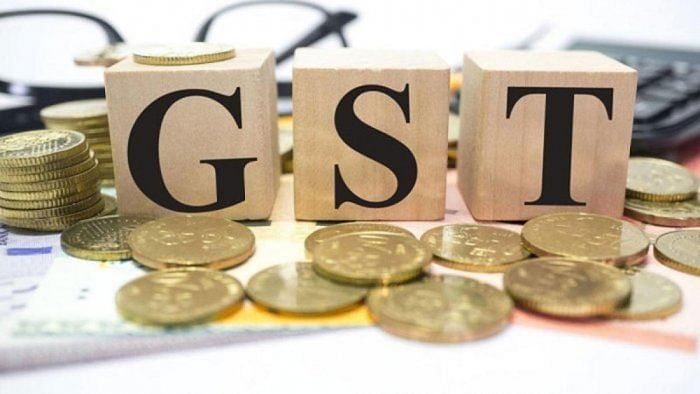
The Union Budget presented on February 1 was different from its predecessors in some ways. The finance minister began the tax proposals with customs duties instead of direct taxes. The speech itself appeared to end abruptly—no quote from Thirukkural or other scriptures. Opinion is also divided on whether “Amrit Kaal” would count as one of the mediocre slogans coined by the government over the last nine years.
Discussions on Budget 2023 have invariably been on the new scheme of personal taxation vis-à-vis the old scheme. The provision for tax collection at source on foreign remittances and travel has also dominated discussions. The fine print shows that there are 122 amendments proposed to the Income Tax Act. In the midst of all these, it should not be forgotten that it has also proposed a few important changes to the GST laws. Formally, these proposals will be run through the GST Council for its blessings soon.
The numbers confirm the importance of GST revenues to government cash flows. Last year’s Budget Estimates (BE) of CGST revenues of Rs 660,000 crore have been revised to Rs 724,000 crore. Estimated revenues for 2023–24 are Rs 811,600 crores, an increase of 12 per cent. Some proposals in Budget 2023 would ensure that this target is met without much sweat.
One of the most important proposals has been an amendment to Section 17(5) of the CGST Act, 2017 to provide that input tax credit shall not be available in respect of goods or services or both received by a taxable person that are used or intended to be used for activities relating to his obligations under corporate social responsibility referred to in Section 135 of the Companies Act, 2013.
While this provides clarity, it is doubtful whether the last word has been heard on this. Some taxpayers are bound to argue that they are obliged to incur CSR obligations due to a statutory mandate as per the Companies Act, 2013. There have been rulings in the erstwhile service tax regime that any expenses incurred for compliance with a statute (such as the Factories Act) would be eligible for input tax credits; taxpayers could adopt a similar stance here.
Denying them an input tax credit limits their cash flow simply because they are following the letter of the law. New sections are being introduced in the GST laws that provide for a time limit of three years from the due date for filing a variety of returns. GSTR 1, GSTR 3B, GSTR 9, and GSTR 8 would need to be filed within a period of three years from their respective due dates.
A welcome proposal is an amendment to Section 19(2A) to remove the restriction imposed on registered persons engaged in supplying goods through electronic commerce operators from opting to pay tax under the composition levy. Thus, upon this amendment being enforced, the person engaged in the supply of goods through ECOs will also be eligible for the composition scheme, subject to the fulfilment of other conditions. Section 16(2) of the CGST Act has been amended to provide for the payment of tax along with any ITC availed and any payment not made to the supplier within 180 days. Another proviso to the above section is also amended to specifically provide that upon payment being made to the supplier, ITC can be availed.
The amendments are intended to align the said sub-section with the return filing system provided in the Act. A new Section 122(1B) of the CGST Act is being added to provide for penal provisions applicable to electronic commerce operators in the event that provisions relating to supplies of goods made through them by unregistered persons or composition taxpayers are violated. Section 56 of the CGST Act is being amended so as to provide for an enabling provision to prescribe the manner of computation of the period of delay beyond 60 days from the date of receipt of the application to the date of the refund, for the calculation of interest on delayed refunds.
Section 132(1) of the CGST Act is being amended so as to decriminalise offences such as obstructing or preventing any officer in the discharge of his duties, tampering with or destroying any material evidence or documents, and failing to supply any information. The monetary threshold for launching prosecution for the offences under the said Act is being increased from Rs 1 crore to Rs 2 crore, except for the offences related to the issuance of invoices without the supply of goods, services, or both.
Every year, questions are asked as to how the finance minister balances her books, which in reality means managing the fiscal deficit. The consistent surge in GST revenues could turn out to be a valid response to that question.
(The writer is a tax expert based in Bengaluru.)